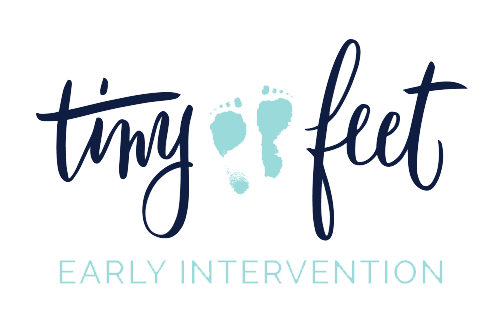IDEA stands for Individuals with Disabilities Education Act. So naturally, it makes sense that IDEA is a law for in the field for education for people with disabilities.
Purpose:
To ensure that children with disabilities have the opportunity to receive a free appropriate public education, just like other children.
Brief History:
IDEA was enacted by Congress in 1975
Originally called Education for All Handicapped Children Act (PL 94-142)
IDEA 2004 Part C- Provided services for children with disabilities from birth to 3. Stated that very young children do not need a label to be served (can be served through a label/diagnosis or developmental delay).
Parts of IDEA
Part A: Discusses the purpose of the special education law, definitions of terms, and general provisions.
Part B: Requires services for school-aged children, including preschoolers. Discussed funding, state plans, evaluation, eligibility, due process, discipline ad other areas relating ot direct services. Requirement of IEPs (Individualized Education Plans).
Part C: Requires services for babies and toddlers to the 3rd birthday. Requires a comprehensive child find system and IFSPs (Individualized Family Service Plans)
Part D: Focuses on the need to improve special education programs, preparing personnel, disseminating information, supporting research, and applying research findings to education.
IDEA & Early Intervention
IDEA is an educational law, and Early Intervention is an educational service. We are not doctors, nurses or clinicians. We are teachers. We are here to teach you research-based strategies that you can use to help your child meet developmental milestones.
IDEA guarantees the right to "FAPE" (free appropriate public education). For Early Intervention, this means that our educational services are free to you and your family!
IDEA requires "Zero reject." Local schools must provide for all regardless of severity of disability. If your child meets eligibility requirements, you or she cannot be denied services.
Nondescriminatory Evaluations. Assessment of disability is in accordance with the child's language and culture. For families whose native language is something other than English, you will be provided an interpreter.
Appropriate education. We (parent, Early Interventionist, and any other providers) develop an IFSP (Individualized Family Service Plan) which must be followed. The IFSP is developed around health history, developmental levels, and family priorities. We work together to develop goals and services that address the individual needs of the infant or child.
Least Restrictive Environment. Our philosophy is that children develop at better rates when taught in the same environment as their peers without disabilities (also called the "natural" environment). Some places we provide Early Intervention services include your home, the park, the library, a restaurant, or the grocery store. Some environments that would not be considered natural and where we would not provide Early Intervention services would include a clinic, hospital, or school for children with special needs.
Due Process. Parents have the right to object when not in agreement.
Parent can examine all records.
Parents are to be consulted about program before it goes into effect.
Parents are to receive written notice of proposed changes/placement.
Parents can request legal representation if problems cannot be resolved.

